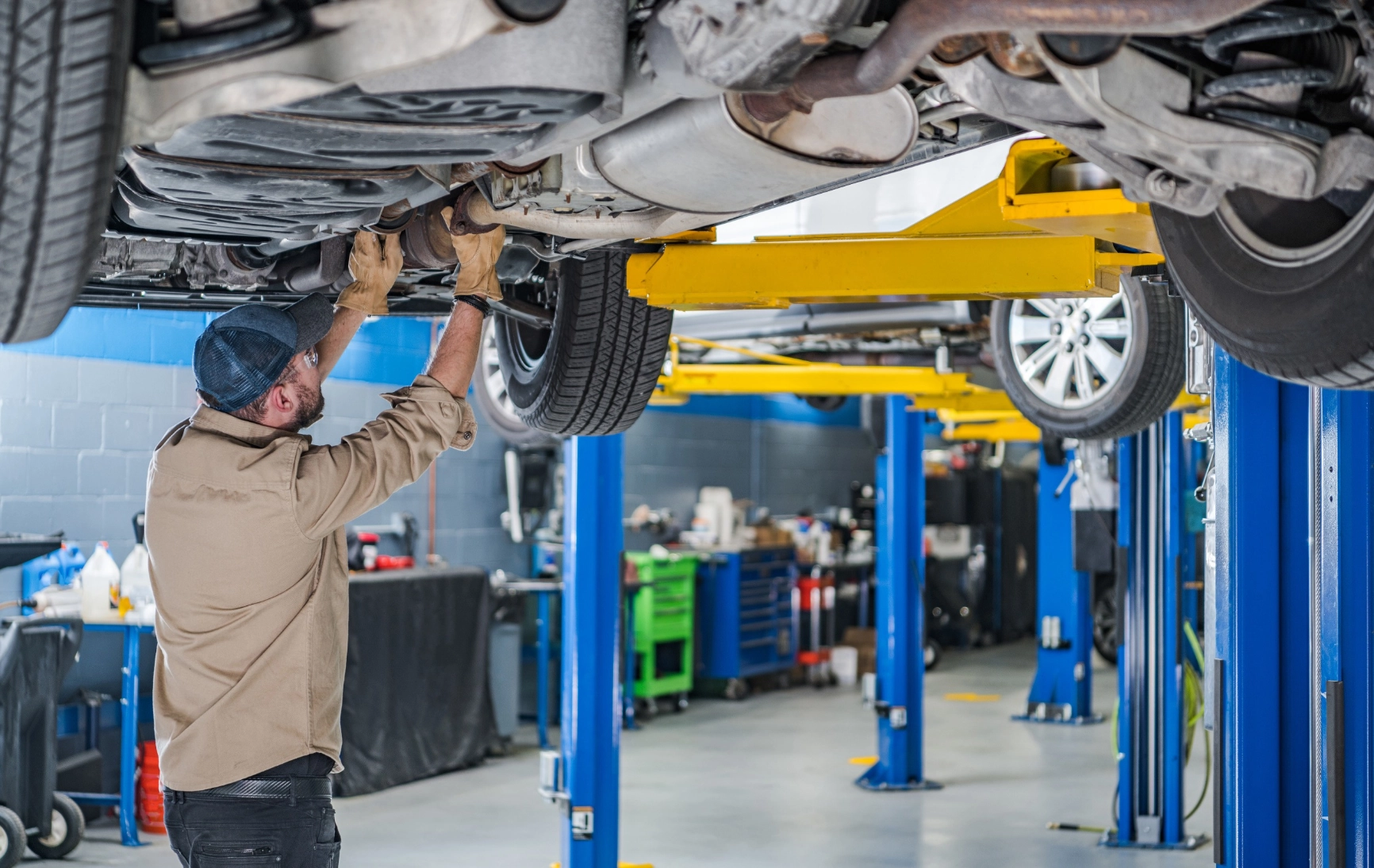All Categories
Featured
Routine car maintenance is an important part of vehicle possession, however establishing how typically to set up these exams can occasionally be perplexing. Whether you drive a brand-new cars and truck or a high-mileage automobile, remaining on top of upkeep makes certain security, optimum efficiency, and a much longer lifespan for your cars and truck. In this write-up, we'll explore the variables that affect solution intervals and how you can establish a schedule that helps you.

- Manufacturer's Guidelines: Your Very First Recommendation Factor. Every cars and truck features a customer guidebook, which consists of the producer's preferred service intervals. These guidelines are tailored specifically to your vehicle model and its parts. Usual referrals consist of:
Oil modifications: Every 5,000 to 10,000 miles or 6-12 months, depending on whether you utilize conventional or synthetic oil. Tire turnings: Every 5,000 to 7,500 miles to ensure also put on and lengthen tire life. Major solutions: At milestones like 30,000, 60,000, or 100,000 miles, which may include timing belt substitutes, coolant flushes, and transmission maintenance. Adhering to the manufacturer's routine helps maintain your cars and truck's performance and maintains its service warranty legitimate.
- Driving Problems Matter. How and where you drive substantially influences just how often your cars and truck requires maintenance. Automobiles made use of under "serious driving problems" may call for even more frequent upkeep. These conditions consist of:
Regular short trips under 10 miles. Driving in heavy stop-and-go web traffic. Operating in severe temperature levels (warm or cold) Taking a trip on dirty, muddy, or irregular roads. If any of these use to your daily commute, take into consideration scheduling more frequent oil adjustments and assessments to protect against deterioration. 3. Modern Characteristics: Monitoring Your Cars and truck's Health and wellness. Lots of modern-day cars and trucks are geared up with onboard diagnostics and upkeep pointer systems. These attributes monitor your lorry's condition in real time and sharp you when it's time for maintenance. Take note of these alerts, as they are based on aspects like mileage, engine performance, and oil condition.
- Seasonal Upkeep: Prepare Year-Round. Adjustments in climate can influence your auto's efficiency, so scheduling seasonal exams is a good technique.
Prior to winter, ensure your battery, tires, and heater are in good condition to deal with chillier temperature levels. Before summer, evaluate your air conditioning system, cooling, and fluids to stop overheating. Seasonal maintenance maintains your automobile reputable and prepared for moving problems.
- Indicators Your Automobile Requirements Immediate Attention. In some cases, your automobile could need servicing before the set up period. Look for the following indication:
Weird sounds, such as grinding or squealing. Lowered fuel effectiveness. Dashboard caution lights, including the check engine light. Trouble beginning the auto or stalling. Attending to these concerns immediately can save you from pricey repair work later on.
- Benefits of Remaining Consistent. Routine servicing isn't practically adhering to a timetable-- it's an investment in your automobile's future. It aids:
Keep you and your passengers secure. Take full advantage of gas efficiency. Avoid costly breakdowns. Prolong the life of your automobile. Boost resale value by keeping a detailed solution record. Final thought. How typically should you service your auto? The solution depends on your car's make, your driving practices, and environmental conditions.
Latest Posts
Uncover the Premier Auto Repair Coupons in Montclare, Chicago
Check Out Premier Auto Repair Care offered by Montclare Auto Repair – Drive with Confidence
Enhance Your Building with Overhead Door Equipment
More
Latest Posts
Uncover the Premier Auto Repair Coupons in Montclare, Chicago
Check Out Premier Auto Repair Care offered by Montclare Auto Repair – Drive with Confidence
Enhance Your Building with Overhead Door Equipment
